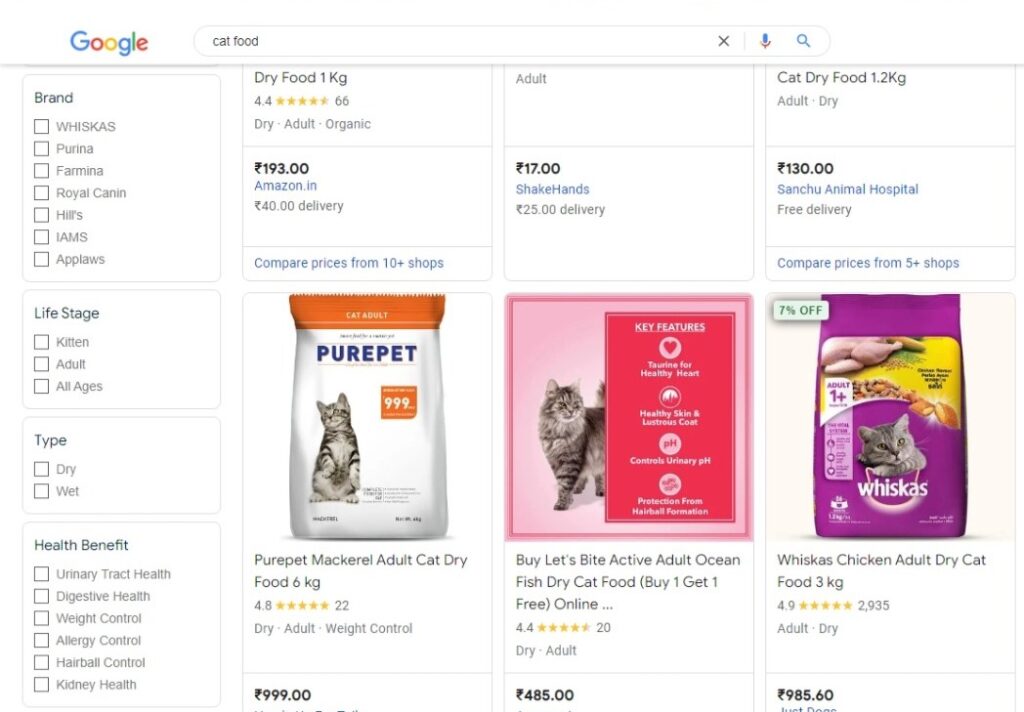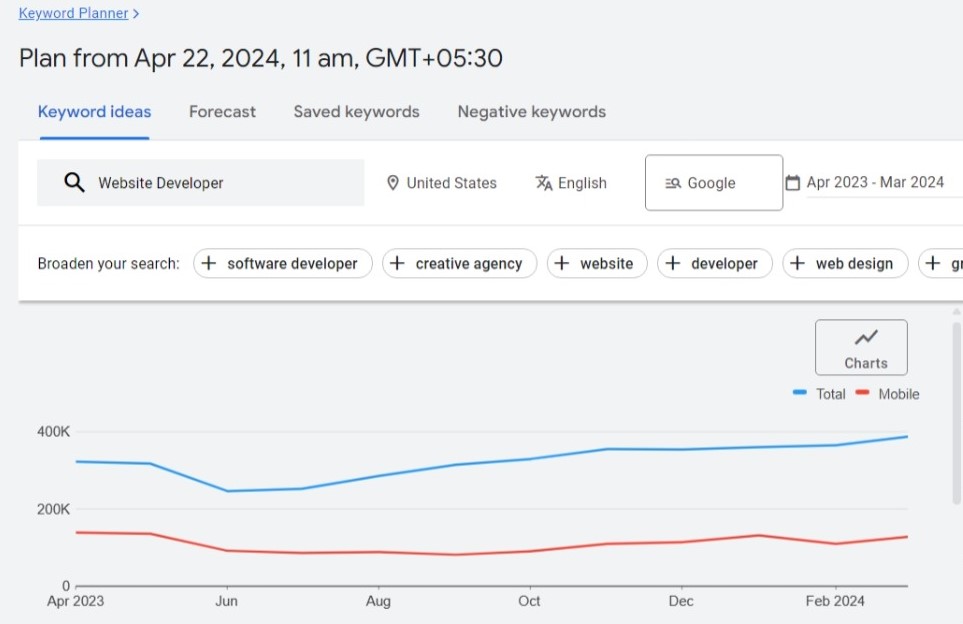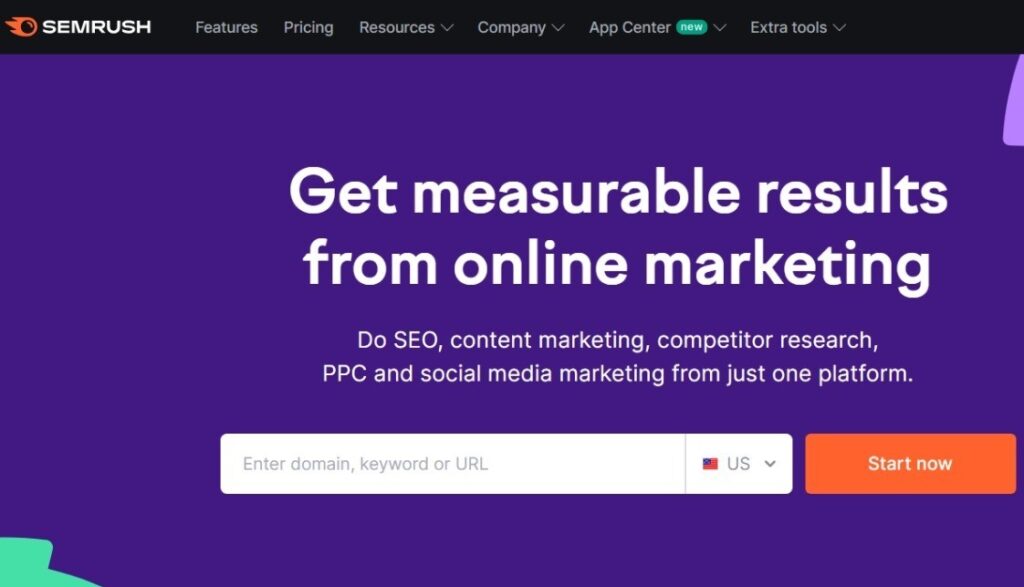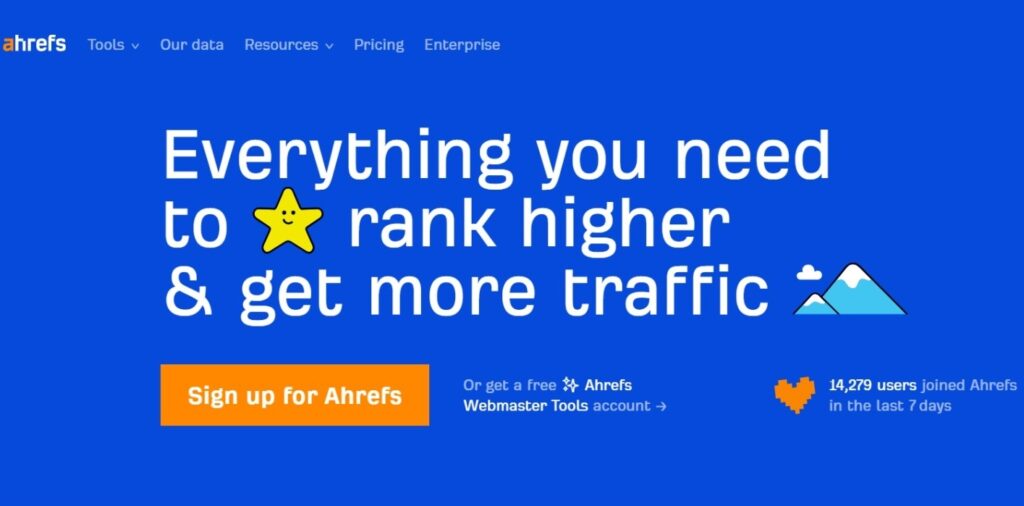How to Rank Your Business Series – Day 04
Keyword research is the cornerstone of any successful SEO strategy. By identifying the right keywords, you can optimize your website content, attract relevant traffic, and ultimately, drive conversions. In this comprehensive guide, we’ll explore the art and science of keyword research, guiding you through the process of finding the perfect keywords for your business. Building on our previous discussions on SEO basics, we’ll dive deeper into this critical aspect of search engine optimization.
Let’s Understand Keyword Research
Understanding Keyword Research
Keyword research is the process of identifying and analyzing the specific words and phrases that people use when searching online. It’s crucial in SEO because it helps website owners understand what their target audience is searching for, allowing them to optimize their content accordingly.
Keyword research informs content creation by guiding the topics and themes that should be covered to address the needs and interests of the audience. For on-page optimization, keywords help optimize title tags, meta descriptions, headings, and content to improve search engine visibility. Overall, keyword research plays a vital role in shaping the SEO strategy by ensuring that the website’s content aligns with the search intent of users, ultimately leading to higher rankings, increased organic traffic, and better user engagement.

Types of Keywords
- Broad Keywords: Broad keywords are general terms that are typically short and encompass a wide range of topics. They usually have high search volume but may also have high competition. For the web development industry, broad keywords could include terms like “website design,” “web development,” or “online presence.”
- Long-Tail Keywords: Long-tail keywords are more specific and detailed phrases that are often longer in length and target a narrower audience. While they have lower search volume individually, they tend to have less competition and higher conversion rates. Examples of long-tail keywords in the web development industry could be “responsive web design services,” “custom e-commerce website development,” or “WordPress website optimization.”
- Branded Keywords: Branded keywords include the name of a specific brand or company and are used by individuals who are already familiar with the brand or looking for its products or services. For a web development company like “Web of Abhi,” branded keywords could include “Web of Abhi web design,” “Web of Abhi Website development services,” or simply “Web of Abhi”.
By incorporating a mix of broad, long-tail, and branded keywords into their SEO strategy, web development businesses can effectively target different segments of their audience and improve their visibility in search engine results
Tools for Keyword Research
1. Google Keyword Planner: Google Keyword Planner is a free tool provided by Google Ads that helps users find keywords related to their products or services and estimate their search volume and competition. It provides insights into keyword trends, search volume data, and suggested bid prices for advertising campaigns.

2. SEMrush: SEMrush is a comprehensive SEO tool that offers keyword research functionalities along with a range of other features. It allows users to discover new keywords, analyze competitors’ keyword strategies, track keyword rankings, and identify valuable opportunities for optimization.

3. Ahrefs: Ahrefs is an all-in-one SEO tool that provides keyword research, backlink analysis, competitor analysis, and more. In terms of keyword research, Ahrefs offers extensive keyword data, including search volume, keyword difficulty, click metrics, and SERP analysis, to help users identify valuable keywords and optimize their content effectively.

These tools are widely used by digital marketers, SEO professionals, and website owners to conduct keyword research, analyze search trends, and optimize their online presence for better search engine visibility and organic traffic
Keyword Research Process
- Identify Seed Keywords: Start with broad seed keywords related to your industry or business offerings.
- Expand Your Keyword List: Use keyword research tools to generate additional keyword ideas based on seed keywords.
- Analyze Keyword Metrics: Evaluate metrics such as search volume, keyword difficulty, and competition to prioritize keywords.
- Consider User Intent: Take into account the search intent behind each keyword and align your content accordingly.
- Refine and Narrow Down: Refine your keyword list based on relevancy, search volume, and competition, focusing on high-priority keywords with the greatest potential impact.
Competitor Analysis
- Identify Competitors: Identify key competitors in your industry or niche.
- Analyze Competitor Keywords: Use SEO tools to analyze competitor keywords and identify opportunities for keyword targeting.
- Learn from Competitor Strategies: Draw insights from competitor keyword strategies and incorporate them into your own keyword research efforts.
Using Keywords Effectively
- On-Page Optimization: Optimize your website pages and content for target keywords, including meta tags, headings, and body content. We will learn about On-Page Optimization in Next Post.
- Content Creation: Develop high-quality, relevant content that incorporates target keywords naturally and provides value to your audience.
- Link Building: Use anchor text optimization to build backlinks using target keywords as anchor text.
Monitoring and Iteration
- Track Keyword Performance: Monitor keyword rankings, search volume trends, and organic traffic metrics using SEO tools and analytics platforms.
- Iterate and Adapt: Continuously refine your keyword strategy based on performance data, algorithm updates, and changes in user behavior.
Keyword research is a foundational element of SEO that can significantly impact your website’s visibility and success in search engine rankings. By following the steps outlined in this guide and leveraging the right tools and strategies, you can find the right keywords for your business and optimize your online presence for maximum impact.
Stay tuned for more insights on ranking your business in the digital landscape.
AR
Owner of Web of Abhi – Online Business Solution CompanyGraphic Designer | Web Developer | Digital Marketing | WordPress | SEO | Web Design



